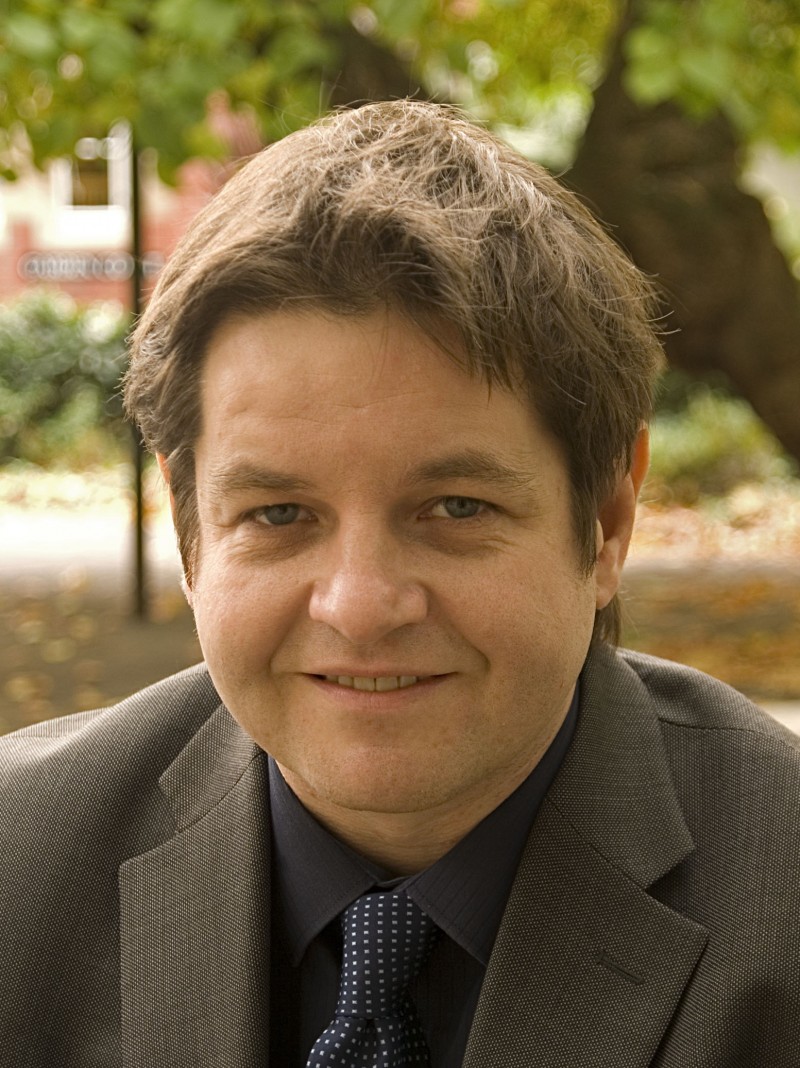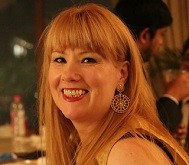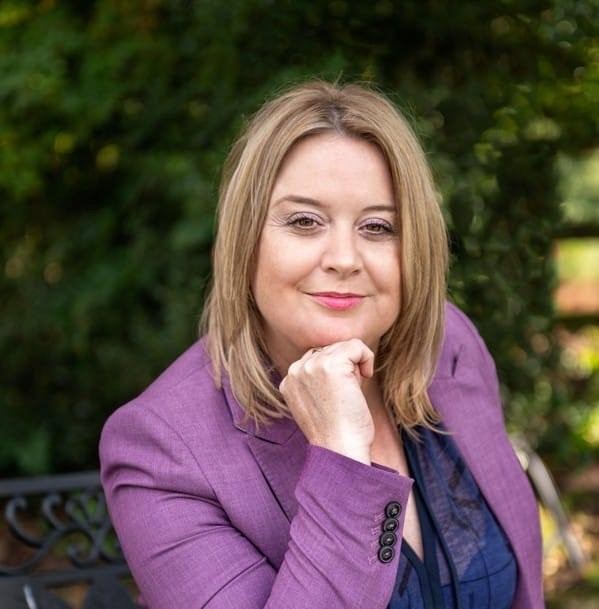I’ve always supported diversity and inclusion (D&I) in organisations, but until I attended the inspiring launch event for the publication “Diversity and Inclusion in the Legal Profession” (jointly edited by The Centre for Legal Leadership and Globe Law and Business) I probably didn’t realise how little I actually knew about D&I, or at least how to successfully apply it and move the needle forward.
Over the course of the evening we heard from a variety of different speakers, including:
- Rachel Reese and Emma Cudsin, Global Butterflies, speaking about trans inclusion
- Marc May, The Legal Technologist, speaking about social mobility
- Yasmin Sheikh, Diverse Matters, speaking about disability and the workplace
- Gillian O’Regan and Steven Ramesh Rajavinothan, RPC, speaking about ethnic diversity
- Catherine McGregor, Catherine McGregor Research, speaking about women in the legal profession.
Here are four key takeaways from the evening.
There are many types of diversity
Diversity is, of course, diverse! Over the course of the evening we covered the topics of social mobility, gender, disability, trans and ethnicity, but of course there is also age, sexuality, religion, body size and more.
It was particularly interesting to hear from Yasmin Sheikh from Diverse Matters who was focusing on the topic of disability. She pointed out that many of us tend to think of disability in terms of those in a wheelchair but actually there is a much wider group of disabilities including people with mental health issues, cancer sufferers, or those with dyslexia. In many cases an individual’s disability is neither obvious or visible and many within these groups might not necessarily describe themselves as disabled.
The legal profession has a lot of work to do
I’m not a lawyer, although have worked with several law firms. My previous observation was that law firms are relatively good at supporting some D&I initiatives especially compared to some other sectors, but tended to have management dominated by white males. The evening perhaps made me feel there was still an awful lot of work to do in the legal sector, probably more than I had realised, especially in terms of promoting female and BAME lawyers to partner level, as well as other diverse groups. I imagine this is true across multiple sectors, but I have to admit it made me feel slightly gloomy that more progress had not been made.
Personal experience drives thinking in the D&I space
Many of the speakers were now working full time in D&I or were driving initiatives. It was inspiring to hear many of the individual back stories and personal challenges that were overcome to drive successful legal careers, but also some of the everyday challenges that have to be met. For example, it was interesting to hear about how Marc May’s upbringing from a working-class background didn’t fit the natural stereotype of a qualified lawyer, or how anti-trans discrimination had resulted in Rachel Reese having to move roles when she wasn’t necessarily expecting to. In each case I felt these circumstances or situations had actually left the individuals more determined to succeed, and more strongly wanting to improve D&I in the workplace.
We need action, not just words
With so much to do in the D&I space it felt like this was really like the time for action, not just words. Many of the speakers gave a very practical slant on what needed to be done. For example, Rachel Reese gave some tips on what it means to be a trans ally, Gillian O’Regan and Steven Ramesh Rajavinothan from RPC talked about working with recruitment and creating an environment where people feel they belong, and Catherine McGregor even argued that clients should be dealing with companies that put D&I into action rather than those that don’t. Overall it felt like it was time we all put our money where our mouth is.
This was a really interesting and thought-provoking evening. Thanks to all the speakers!




